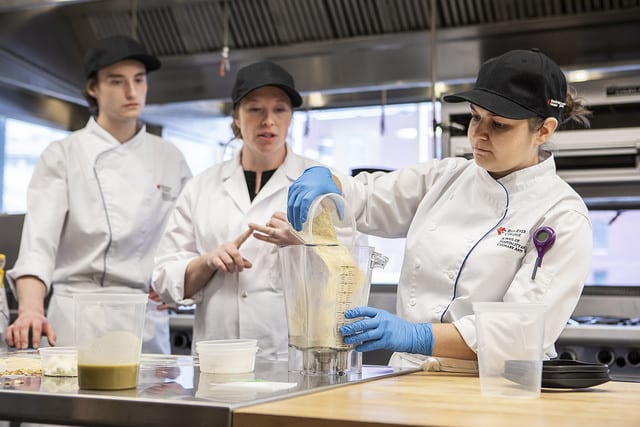Apply for funding under the Research and Workplace Innovation Program from WCB
Please note this opportunity from the Workers Compensation Board (WCB):
“Working with its partners, the WCB promotes safe and healthy workplaces, facilitates recovery and return to work, provides compassionate and supportive compensation services for workers and employers, and ensures responsible financial stewardship. As part of this commitment, the WCB has created the Research and Workplace Innovation Program (RWIP) to promote and fund scientific research, workplace innovation, training and education projects and knowledge transfer related to prevention of occupational injuries, diseases and return to work of injured or ill workers.
RWIP Projects are funded under three streams:
- Scientific Research
- Training and Education
- Workplace Innovation
Generally, each project would be up to two years in duration and funded up to a maximum of $100,000 each year. A total of $1 million is available to fund qualified projects.”
For more information and to apply, please visit wcb.mb.ca.

 Differences between residential and commercial tests
Differences between residential and commercial tests
